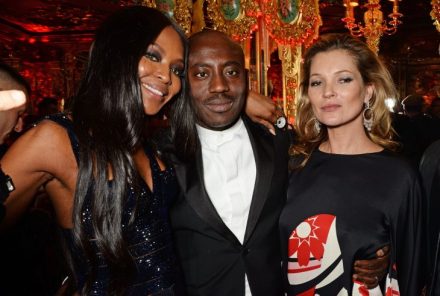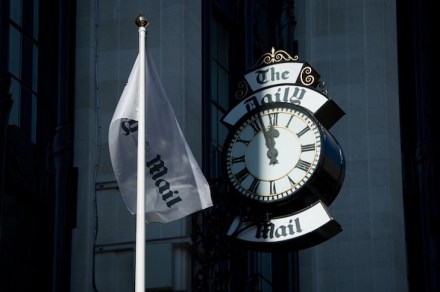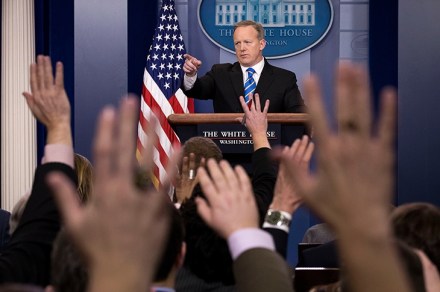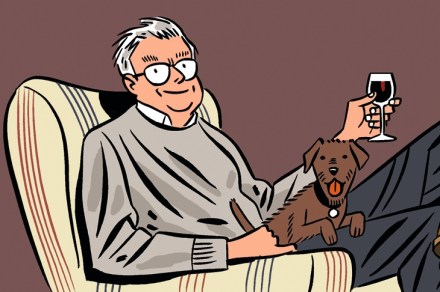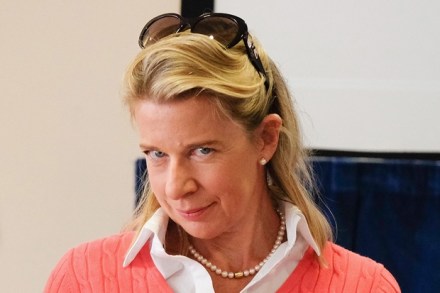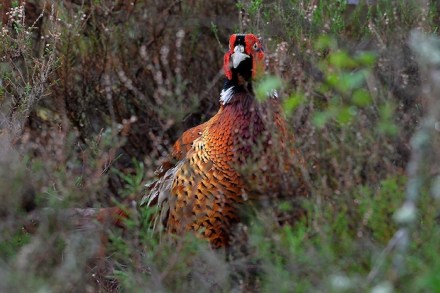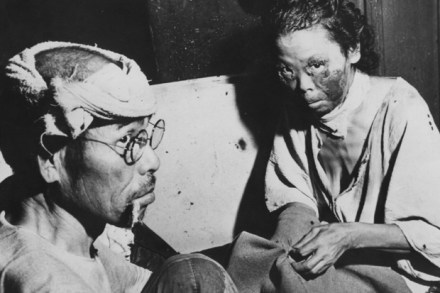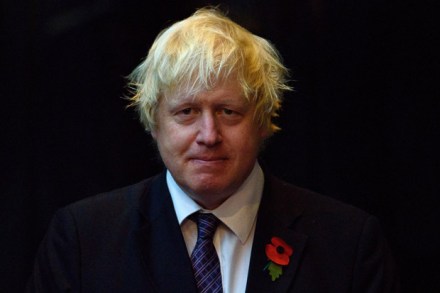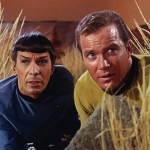It’s time you made some enemies, George
Dear George Osborne, I thought it worth passing along some advice about your new job. I’ve never edited a news-paper, but I’ve been in the business for 32 years and I’ve seen a fair few come and go. I’ve also worked for the Evening Standard in various capacities. Indeed, my first job in journalism was doing shift work on Londoner’s Diary. That’s not a bad place to start on Fleet Street (your predecessor did) and you could do worse than sit at the desk for a few weeks. Liz Smith, the veteran American newspaper columnist, describes gossip as ‘news wearing a red dress and running ahead of the pack’ and




